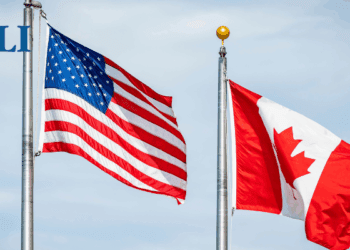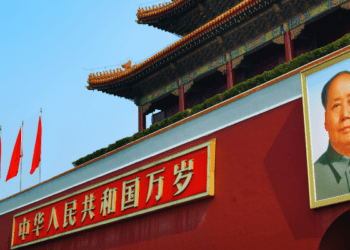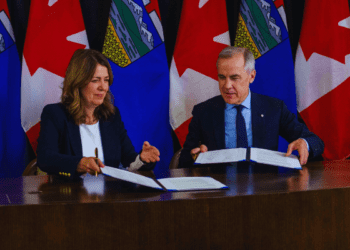Ottawa must play major role in unlocking natural resource development across the country
MEDIA RELEASE
OTTAWA, April 11, 2012 – The world’s insatiable appetite for Canada’s twin endowments of vast natural resources and well-functioning institutions could unleash an unprecedented wave of prosperity, especially in the west. Yet at the very moment when these endowments could fuel an almost unprecedented boom, many obstacles stand in the way. According to MLI Managing Director Brian Lee Crowley in a new Commentary released today, we have important choices to make about how we will handle this growth and Ottawa has a major role to play in those choices. Provinces alone cannot get the job done.
“Provinces own the resources, but Ottawa controls ports and railways, pipelines and international affairs, the National Energy Board, most Aboriginal and immigration policy, much of the decision-making around environmental assessment, a great deal of the fiscal and regulatory framework, the institutions governing the northern territories, and much else besides,” says Crowley. “Without Ottawa’s energetic and enthusiastic stewardship, the opportunities before us will be reduced to a shadow of their potential.”
According to Crowley, careful management of natural resource development can help resolve important challenges the country faces. For example, we currently face huge demographic change over the coming decades, which will result in the drying up of the growth of the workforce. If Canada is determined to up its economic game, we must both improve our productivity and obtain even greater value out of our natural resources and other exports.
On the international front, we face an America to whom we are linked by free trade, but who has undeniably fallen temporarily on hard times while losing its ability to think calmly and rationally about its own interests in terms of energy security, as evidenced by the Keystone XL decision.
Finally, we face the breakdown of a national consensus that careful and prudent natural resource development is in the national interest. For example, the National Energy Board (NEB) is no longer used as a place to ensure that rigorous and thoughtful rules are followed when we develop our resources, but as a place to argue that such development ought not to be allowed at all. Simultaneously, awareness is dawning on all of us of the new power of Aboriginal people to exercise something just short of a right of veto over natural resource development.
“The opportunity that Canada faces is one that cannot be contained within the borders of a single province,” concludes Crowley. “I can affirm that Ottawa knows that, but I do not believe that they have yet grasped the enormity of the task ahead.”
This Commentary, Natural Resources, National Confusion, is based on a luncheon talk presented to the Books Sandwiched In Group organized by Curious Mind Productions in Vancouver on March 2, 2012.
For more information or to arrange interviews, please contact Tripti Saha at tripti.saha@macdonaldlaurier.ca or call (613) 482-8327, ext. 105.
The Macdonald-Laurier Institute is the only non-partisan, independent national public policy think tank in Ottawa focusing on the full range of issues that fall under the jurisdiction of the federal government. www.macdonaldlaurier.ca




